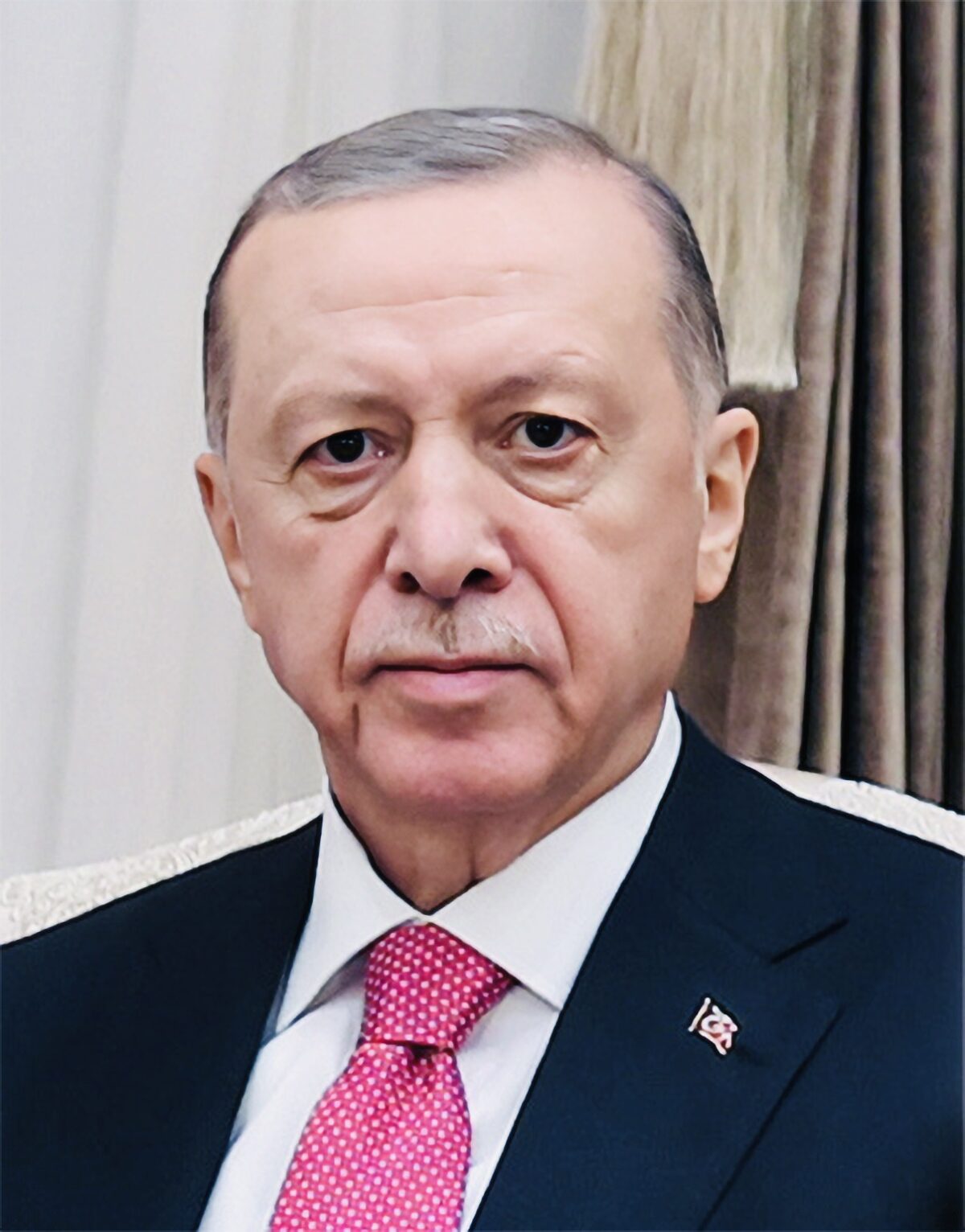The downfall of Syrian President Bashar al-Assad last month has clearly benefited Turkey, one of Syria’s neighbors. A key regional state, Turkey will most likely be a major player in Syrian politics from this point forward.
For years, however, Turkey and Syria were estranged, greatly diminishing Turkish influence in Syrian affairs.
Turkish President Recep Tayyip Erdogan formed a close bond with Assad after he replaced his late father as president in 2000. Trade flourished and tourism boomed thanks to visa-free travel regulations.
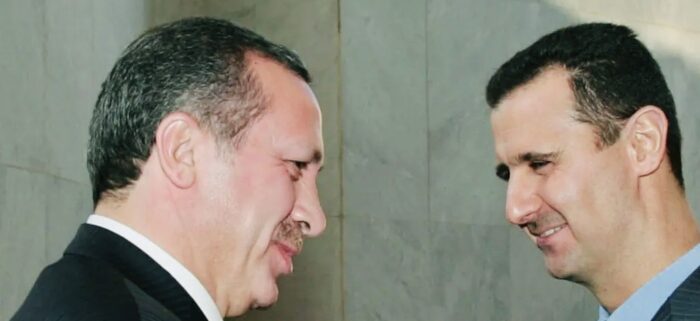
But after the outbreak of Syria’s civil war in 2011, Erdogan’s relations with Assad quickly soured. The Turkish government backed Syrian rebels seeking Assad’s ouster, and Turkey recalled its ambassador and closed its embassy in Damascus.
Today, in a remarkable turnaround, Turkey — a North Atlantic Treaty Organization (NATO) ally — has begun to regain its political and economic clout in Syria.
Within days of the collapse of Assad’s Baathist regime and his flight into exile in Russia, Turkey opened a new and promising chapter in its often contentious relations with Syria.
Turkey reopened its embassy after a hiatus of almost 13 years. Ibrahim Kalin, the director of Turkey’s intelligence agency, appeared in Damascus and was photographed praying in its famous Umayyad mosque.
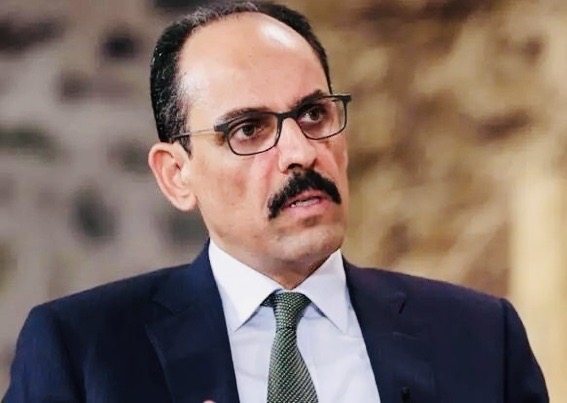
Turkish Foreign Minister Hakan Fidan urged the international community to assist Syria during this transition phase.
A delegation of Turkish businessmen flew to Aleppo seeking lucrative construction contracts to rebuild a city near Turkey’s southern border that was heavily damaged during the civil war.
Erdogan, too, is hopeful that the three million Syrians who fled to Turkey as refugees and have been a burden on its social welfare system ever since will return to Syria as soon as conditions permit.
Turkey owes its sudden ascendancy in Syria to its pivotal relationship with Hayat Tahrir al-Sham (HTS), the Syrian jihadist organization that spearheaded the brief uprising in early December that climaxed with its takeover of the country.
Turkey was aware of the HTS offensive that toppled Assad. As Syrian rebels advanced on Damascus, Erdogan said, “Our hope is for this march to proceed without incidents.”
Ironically, Turkey had designated HTS, a former Al- Qaeda affiliate, as a terrorist outfit, in line with the position adopted by the United States and the European Union.
In practice, Turkey worked around this obstacle by convincing HTS to moderate its policies. As well, Turkey channelled trade and humanitarian assistance into Idlib province, HTS’s base in northwestern Syria. Turkey also protected HTS from Syrian government attempts to recapture Idlib, thereby helping HTS acquire legitimacy.
HTS’ leadership was grateful for Turkey’s help, and now Turkey is reaping the dividends and is poised to play a dominant role in Syria’s future.
In the years leading up to the latest developments, Turkey was deeply enmeshed in the Syrian civil war. Turkey invaded northern Syria three times, establishing a significant buffer zone along the Syrian border and entrenching itself in the Syrian city of Afrin and parts of the countryside near Aleppo.
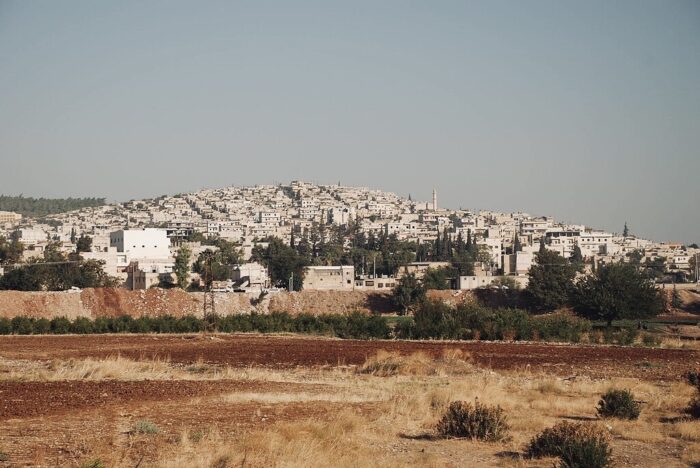
In addition, Turkey assembled the Syrian National Army (SNA), a rebel force that guards Turkish military bases in northern Syria and helps combat hostile Kurdish forces considered as terrorists by Ankara.
Most recently, the SNA has tried to advance into areas controlled by Syrian Kurds. Turkey opposes the Kurdish presence near its border, regarding the Kurds’ struggle for national independence as a dire threat to its territorial integrity. Scattered throughout the Middle East, mainly in Turkey, Syria, Iraq and Iran, the Kurds are the largest ethnic group in the region still in search of statehood.
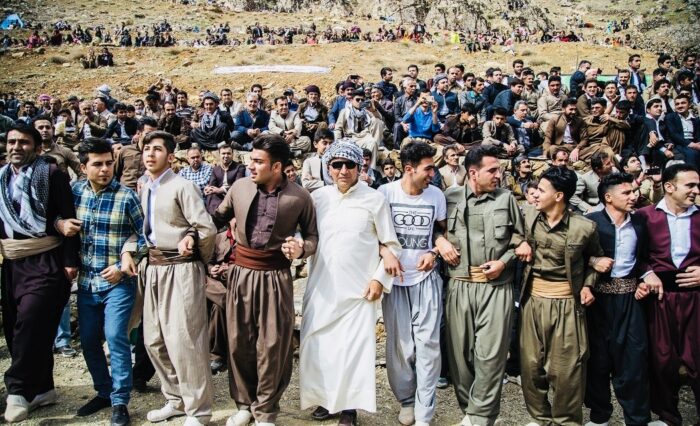
Turkey, in particular, covets land around Manbij, Tel Rifaat and Kobani in northeastern Syria, which contains more than 90 percent of Syria’s oil resources. This area is currently held by the Syrian Democratic Forces (SDF), a Kurdish/Arab group backed by the United States, which maintains a force of about 2,000 troops there and in southern Syria.
Turkey has unleashed artillery barrages and airstrikes on civilian infrastructure in this region. These attacks have precipitated a humanitarian crisis that has displaced more than 100,000 Syrians, who have been forced to abandon their homes in the face of advancing SNA forces.
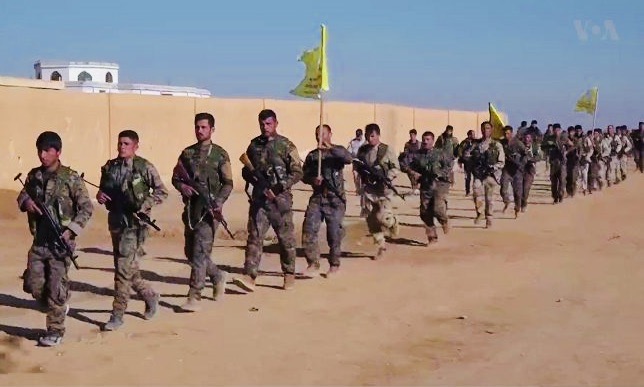
Turkey’s ascendance in Syria represents a stunning setback to Iran, which had been Assad’s closest ally. With Assad gone, the geopolitical landscape of the Middle East has changed radically, much to Iran’s detriment.
As a commentator in Foreign Affairs wrote, “Turkey’s strong support for Syrian rebels has disrupted the regional balance of power. Under Assad, Iran’s extensive presence in Syria allowed Tehran to counterbalance Turkey’s regional ambitions. But since Assad’s fall, Ankara has replaced Tehran and Moscow as the dominant external power in Syria, expanding the breadth of Turkey’s influence while limiting Iran’s. There are growing concerns in Iran that Turkey, emboldened by Tehran’s weakened position, could now seek to increase its influence, at Iran’s expense, in Iraq, Lebanon, and the South Caucasus.”
As a result of these factors, Turkey’s bilateral relations with Iran appear to be fraying. Recently, Iran’s supreme leader, Ayatollah Ali Khamenei, delivered a veiled critique of Turkey, accusing a “neighboring country,” namely Turkey, of conspiring with the United States and Israel to topple the Assad regime.
U.S. President-elect Donald Trump, who had a mercurial relationship with Erdogan during his first presidency, has portrayed the Syrian rebellion as an “unfriendly takeover” by Turkey.
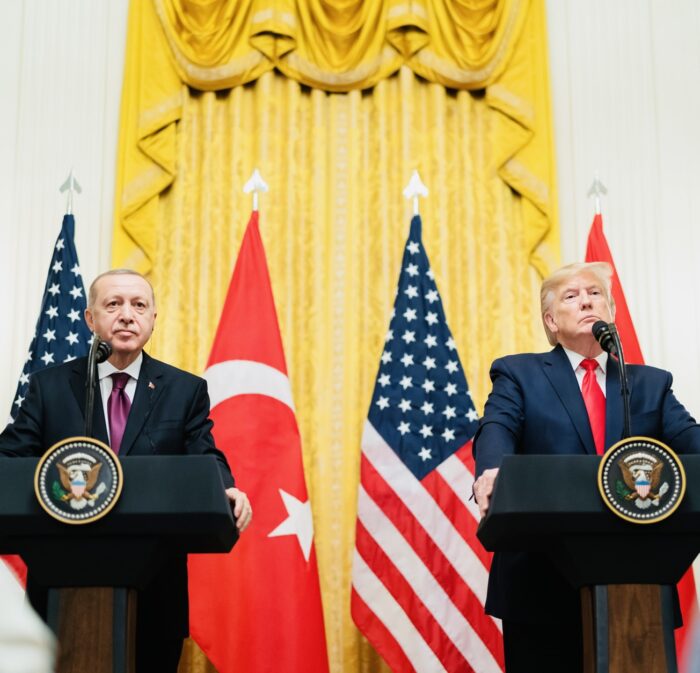
This is a narrative the Turkish government has strongly rejected. “We wouldn’t call it a takeover, because it would be a grave mistake to present what’s been happening in Syria in those terms,” Fidan said, adding that Assad’s demise reflects “the will of the Syrian people”
Judging by the composition of Trump’s cabinet, the United States’ bilateral relationship with Turkey may well deteriorate as the SNA confronts the SDF.
Incoming Secretary of State Marco Rubio has criticized Turkey’s human rights record and its treatment of Kurds. He was instrumental in the formation of the 2019 East Mediterranean Security and Partnership Act, which strengthened U.S. relations with Greece and Cyprus, both of which are wary of Turkey.
Trump’s national security advisor, Mike Waltz, has been an ardent supporter of the Kurds.
And his selection of Tulsi Gabbard as director of National Intelligence could be problematic for Turkey, since she has been very critical of Turkey. Gabbard has accused Turkey of “denying genocide,” a reference to the Ottoman slaughter of Armenians during World War I, and of working against U.S. regional allies such as Israel, Greece and the Kurds.
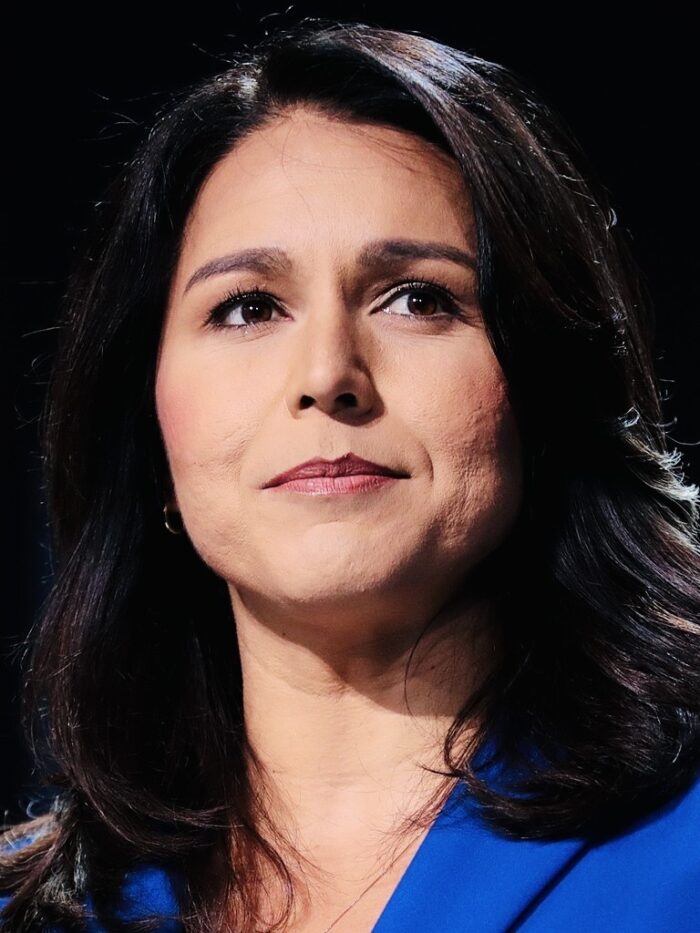
From Israel’s point of view, the passing of Assad is a positive development. His regime supported Hezbollah and complied with Iran’s request to station proxy forces in Syria, forcing Israel to regularly bomb Iranian bases there and Hezbollah arms shipments heading into Lebanon.
According to the Institute for National Strategic Studies at Tel Aviv University, Turkey’s growing prominence in post-Assad Syria presents Israel with a vexing problem, given its longtime support of the Kurdish cause.
“Despite strained relations due to the situation in the Gaza Strip and Turkey’s unequivocal support for Hamas, the events in Syria compel Israel to pay closer attention to Turkey’s position. During the Syrian civil war, Israel’s interests, focused on southern Syria, did not conflict significantly with Turkey’s interests in northern Syria. Turkey’s growing influence throughout Syria, however, is changing this dynamic.
“Nonetheless, the ‘balance of interests’ remains such that Israel’s focus is mainly on southern Syria, where its primary concerns are defending its borders, preventing infiltration by hostile forces, and blocking Iranian weapons shipments to Hezbollah via Syria. As the SDF will likely require substantial support in the near future, Israeli assistance to the SDF would be seen by Turkey as a major shift in Israel’s policy, warranting careful consideration of the implications of such a decision.
“Considering the dialogue that Israel will likely need to hold with Turkey regarding the future Syrian state, any Israeli challenge to Turkey’s interests in northern Syria could increase the likelihood of Turkish forces deploying in southern Syria. Turkey could justify this on the pretext of defending Syrian sovereignty and supporting the Syrian army, which is expected to reorganize and will receive equipment from Turkey’s defence industry.”
What this probably means is that there will be a tense period of open competition between Israel and Turkey in Syria, with all its implications and consequences.
There is never a dull moment in the Middle East.
